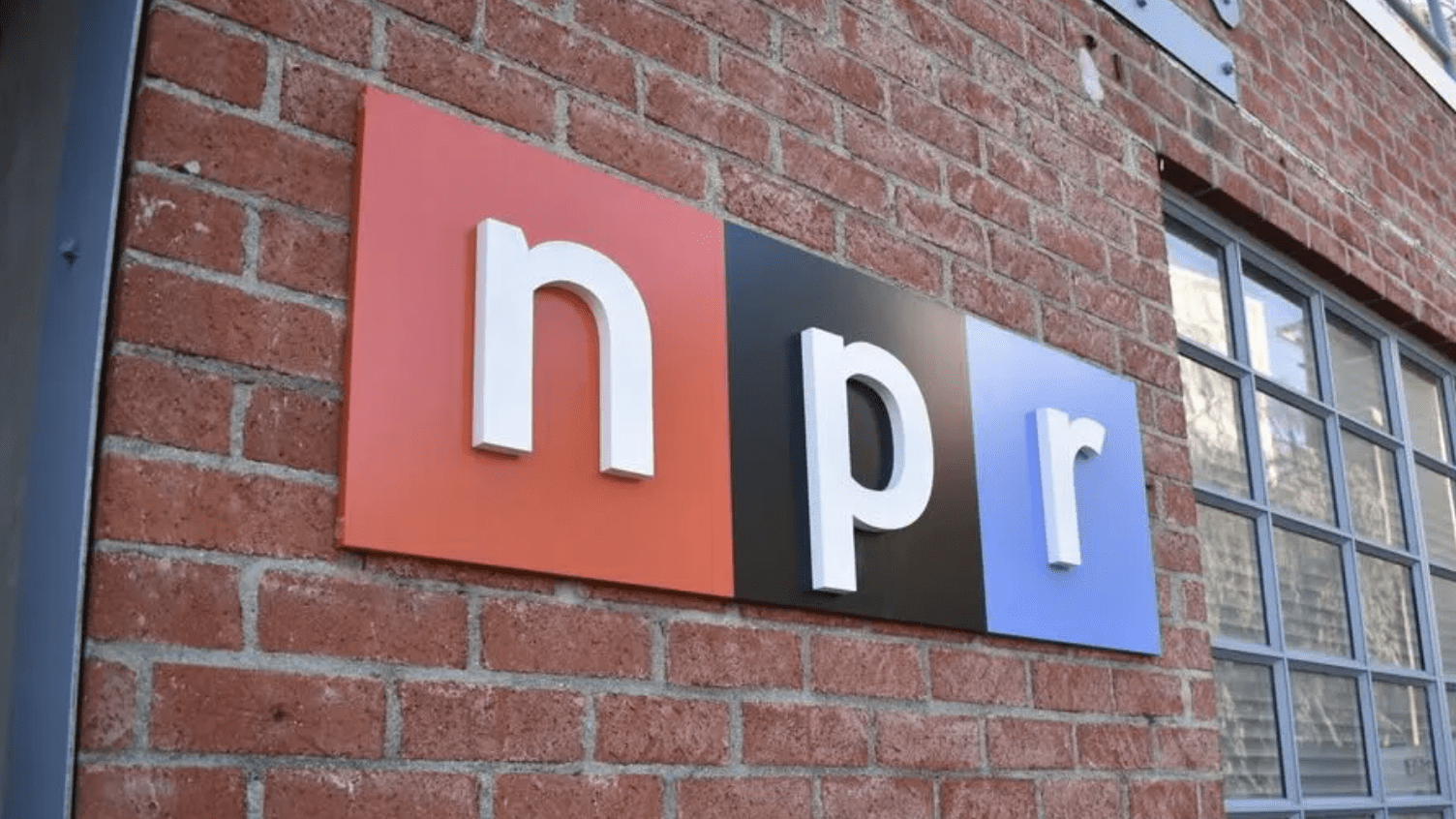It always stings when someone criticizes your workplace. When that criticism comes from the inner workings of your organization, the sting turns into a full-fledged bite.
That’s what happened recently at National Public Radio.
Uri Berliner, an award-winning senior business editor at NPR for over 25 years, critiqued his place of employment in an intriguing essay for The Free Press. “It’s true NPR has always had a liberal bent,” he wrote, “but during most of my tenure here, an open-minded, curious culture prevailed. We were nerdy, but not knee-jerk, activist, or scolding. In recent years, however, that has changed. Today, those who listen to NPR or read its coverage online find something different: the distilled worldview of a very small segment of the U.S. population.”
Berliner points to a significant shift in total listenership at NPR. “Twenty-six percent of listeners described themselves as conservative,” in 2011, with “23 percent as middle of the road, and 37 percent as liberal.” That’s a pretty fair balance at a left-leaning media organization, all things considered. Things have changed dramatically in over a decade. “Only 11 percent described themselves as very or somewhat conservative” in 2023, with “21 percent as middle of the road, and 67 percent of listeners said they were very or somewhat liberal.”
Taking these figures into account, the NPR editor suggested they “weren’t just losing conservatives; we were also losing moderates and traditional liberals. An open-minded spirit no longer exists within NPR, and now, predictably, we don’t have an audience that reflects America.”
These changes, which reportedly started to occur during Donald Trump’s presidency, has had a profound effect on its newsroom. The inability to issue a mea culpa about Russia collusion in the Trump White House after the Muller report’s release, for instance. An unwillingness to cover the Hunter Biden laptop computer story – which, according to “one of NPR’s best and most fair-minded journalists,” was a good decision “because it could help Trump.” COVID-19 coverage was divided into two storylines, Team Natural Origin (“the virus came from a wild animal market in Wuhan, China) and Team Lab Leak (“the virus escaped from a Wuhan lab”), with NPR becoming “fervent members” of the former. The evolution of a work environment where “race and identity became paramount in nearly every aspect of the workplace.”
Berliner, who comes from a very left-wing upbringing and “eagerly voted against Trump twice but felt we were obliged to cover him fairly,” is concerned about what NPR has become. He clearly cares about this organization and doesn’t want to leave what he described as the “crown jewel of American journalism,” At the same time, he hoped that the new CEO, Katherine Maher, would look inward and “her first rule could be simple enough: don’t tell people how to think.”
Alas, his bubble burst pretty quickly.
NPR’s media correspondent David Folkenflik wrote on April 16 that Berliner had been “formally punished” with a five-day suspension without pay. (This started on April 12, unbeknownst to anyone – and he’s not appealing it.) There are reportedly sympathetic voices in the newsroom who believe “coverage is frequently presented through an ideological or idealistic prism that can alienate listeners.” Conversely, several individuals told Folkenflik “they are no longer willing to work with Berliner as they no longer have confidence that he will keep private their internal musings about stories as they work through coverage.”
Maher doesn’t seem to be the right person to change NPR’s political culture, either.
Manhattan Institute senior fellow Christopher Rufo dug up a series of left-wing social media posts she’s made over the years. This includes comments like “White silence is complicity,” “I do wish Hillary [Clinton] wouldn’t use the language of ‘boy and girl’ – it’s erasing language for non-binary people,” and that it’s “hard to be mad” at looting which occurred during the George Floyd protests in 2020. Another Maher post, “What is that deranged racist sociopath ranting about today? I truly do not understand,” which is about Trump, was mentioned by Folkenflik in his piece.
What’s my position?
I don’t disagree with NPR that Berliner should have followed its standing policy of obtaining approval for doing outside work for another news outlet. That’s a common procedure in our industry. It likely would have stopped this piece from ever seeing the light of day.
Beyond this, everything that Berliner tackled has real merit. His concerns about overt political bias in the newsroom, a lack of balanced news coverage and not properly representing America’s fabric are important issues to be discussed, debated and reformed. If NPR is truly supposed to be radio that informs the public, it needs to represent the public in every facet of its being.
These aren’t the views of a disgruntled former employee, or someone who is itching to get fired. It comes from someone who truly believes in fair and balanced news coverage in the media. Berliner’s workplace used to support these principles, in his view, and has strayed away from them. His goal was to get them back on track.
NPR should have seriously considered what Berliner wrote in The Free Press. Instead, there was an immediate overreaction to his critique and they pounced on him. Which, in many ways, proves that many of his concerns were valid and will unfortunately remain unaddressed.
Michael Taube, a long-time newspaper columnist and political commentator, was a speechwriter for former Canadian prime minister Stephen Harper.






